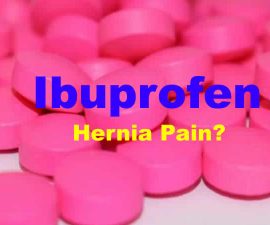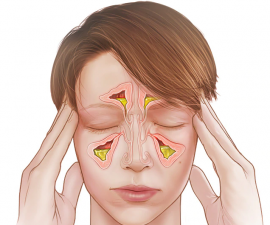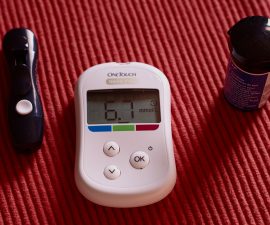What helps with hiatal hernia and middle back pain?
If the pain does have to do with your hiatal hernia symptoms, controlling or treating the condition is a must. For accurate diagnosis, seeing your doctor is recommended – particularly if your symptoms get worse or don’t relieve with lifestyle measures.
Here are a few lifestyle approaches and home remedies that may help cope with the two conditions:
- Take a rest, especially when the pain flares up. But it’s also important to avoid excessive bed rest, because ‘too much’ could be counterproductive for your recovery.
- Avoid prolonged activities that provoke the pain (e.g. sitting for long hours during the work day). Instead, practice good posture to make the pain ease up. Take a break for every 20-30 minutes from your office chair, and make sure to sit or stand properly so your back will not get hurt afterwards – don’t slouch and slump!
- Maintain a healthy-body weight! Being at your best scale is also important pillar for your overall health, isn’t it!
- Do exercises that help strengthen the structures of your back! Moreover, exercise is a good way for weight control, so helpful to prevent your hernia from worsening.
- Avoid foods that provoke your hiatal hernia symptoms!
- Stop smoking! Tobacco smoke can hurt your esophagus. Also, a few studies showed that smokers are more likely to have back pain than non-smokers.
- Have a good stress management. In fact emotional stress can affect you physically, making the pain worse and inhibiting your recovery!
What are treatment options? Acid-suppressing medications are often used to help deal with hiatal hernia symptoms (especially for acid reflux and heartburn). These include antacids, H-2-receptor blockers, and proton pump inhibitors. Surgery is rarely used, but if the condition gets worse or if you have strangulated hernia, it can help.
On April 19, 2018




